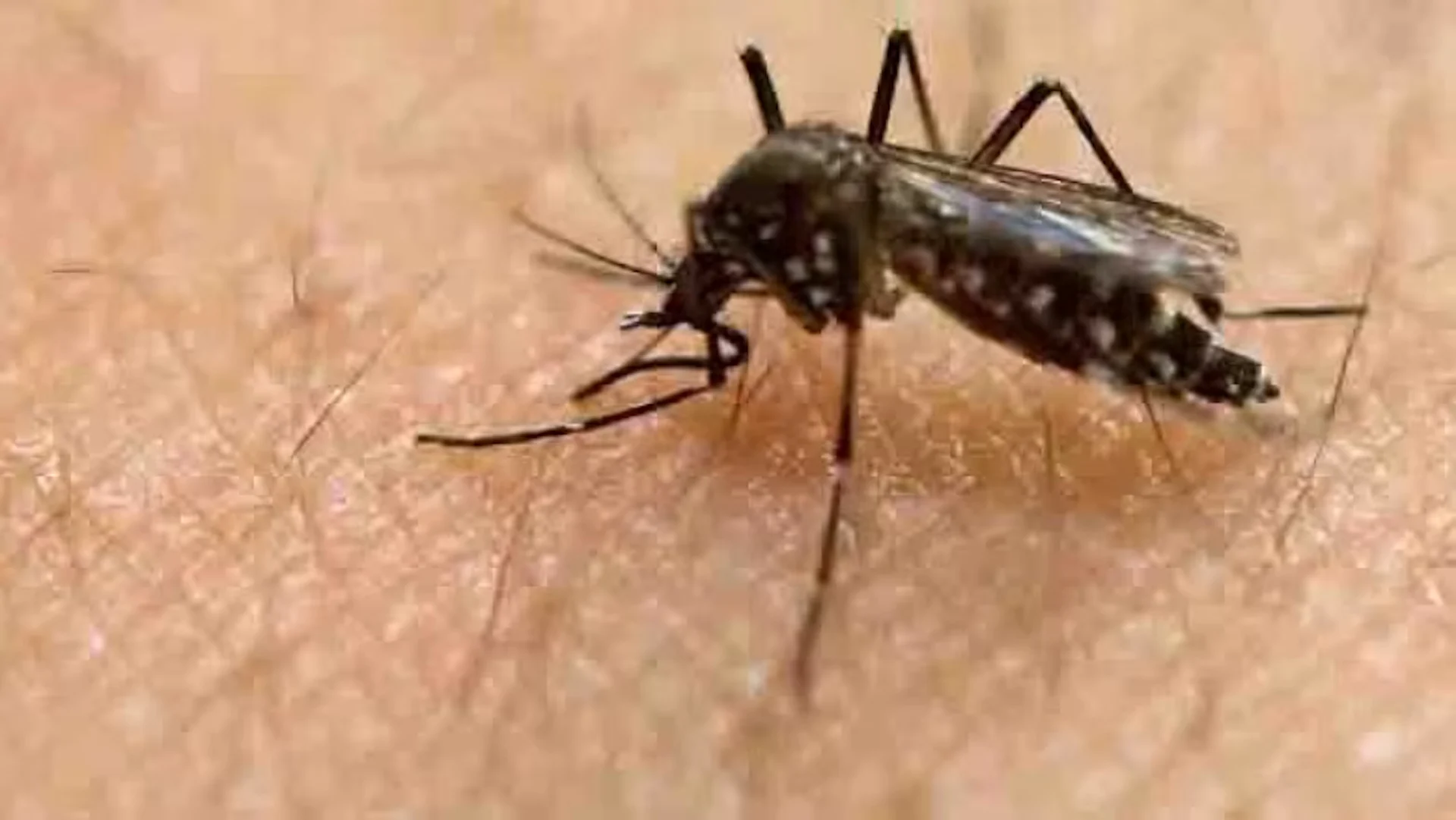
Year's first West Nile virus case detected in Manitoba mosquitoes
Mosquitoes infected with West Nile virus have been discovered in West St. Paul, Manitoba Health says.
The mosquito pool with the infected mosquitoes was collected during the week of June 18 to 24, says a news release from the province.
DON'T MISS: First U.S. malaria cases diagnosed in decades in Florida and Texas
It's the first mosquito pool that has tested positive for the virus in Manitoba this season.
This is earlier than normal for the virus to be detected in mosquitoes, likely due to the warmer temperatures southern Manitoba has been experiencing, Manitoba Health said in the Friday news release.
Last year, the province didn't have a positive test result from a mosquito pool until mid-July.
It's rare for the virus to be detected in mosquitos this early, the province said, and there have only been three other times in the last 20 years where a positive mosquito pool was detected during the same week in mid-June.
West Nile virus is a mosquito-borne virus that can cause severe illness, including swelling of the brain. It can sometimes result in long-term complications and death.
While most people who are infected develop no symptoms at all, others may show mild symptoms such as headache, fever, fatigue and body aches, Manitoba Health says.
More severe symptoms can include severe headache, high fever, mental confusion, muscle weakness, and even coma and/or paralysis.
The risk of exposure to the virus varies from year to year based on precipitation, temperature, mosquito populations and other factors.
There were seven cases of West Nile virus in Manitobans in 2022, five of which resulted in the patient being hospitalized, the province said.
MUST SEE: New study reveals why some people are mosquito magnets and others aren't
So far, there have been no cases of the virus in humans reported this year.
The province recommends taking steps to protect yourself against the virus, including:
Reducing the amount of time spent outdoors during peak mosquito hours (dusk to dawn).
Using mosquito repellent.
Wearing light-coloured, loose-fitting clothing with long sleeves and pant legs.
Maintaining door and window screens so they fit tightly and are free of holes.
Preventing standing water around your home.
This article was originally published by CBC News on June 30, 2023.










